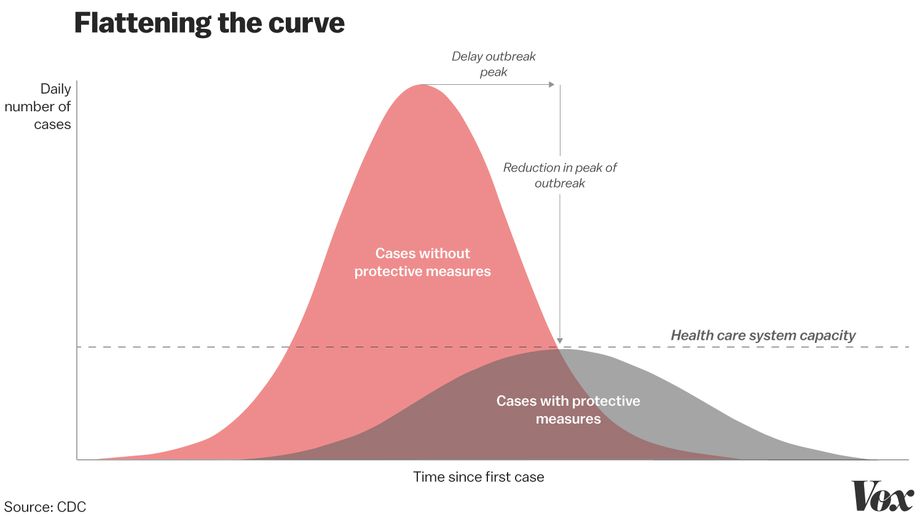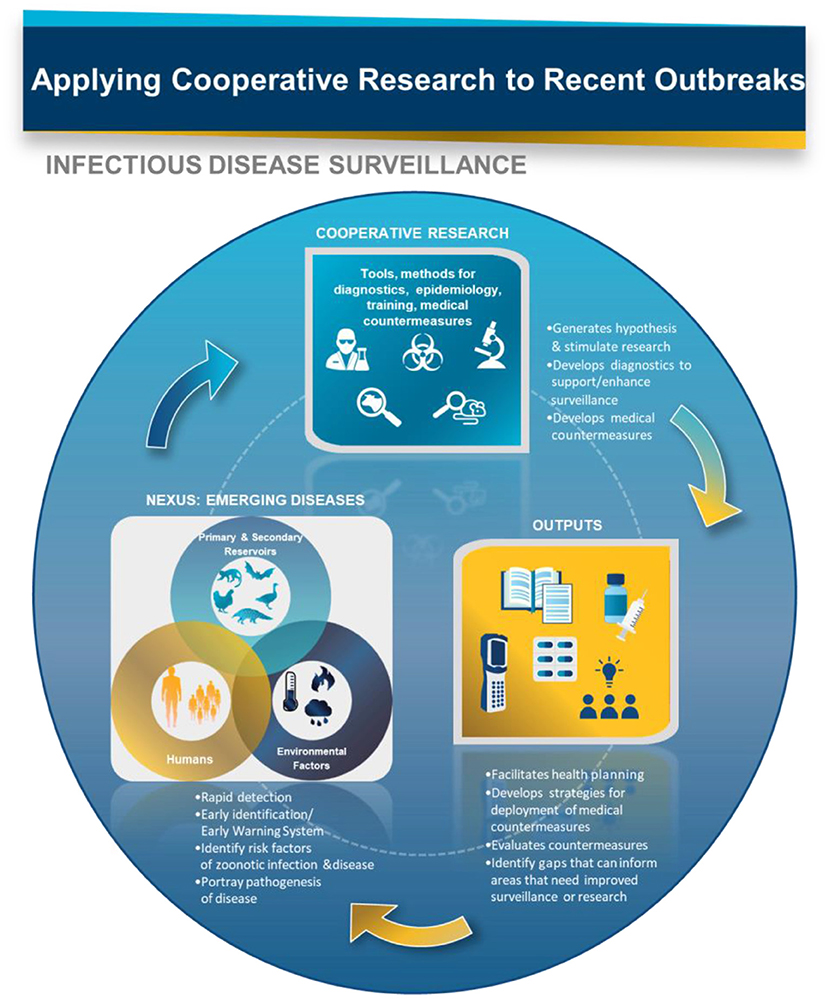Major disease outbreaks continue to be a significant risk to public health with pandemic influenza or an emerging infectious disease outbreak at the top of the UK National Risk Register. In a number of recent studies it has been shown how different intervention measures like travel restrictions school closures treatment and prophylaxis might allow us to control outbreaks of diseases such as SARS pandemic influenza and others.

When Will Covid 19 Go From Pandemic To Endemic World Economic Forum
Fortunately there are numerous measures in place to prevent and manage such catastrophes.

. In epidemiology an outbreak is a sudden increase in occurrences of a disease when cases are in excess of normal expectancy for the location or season. The scary thing is that infectious disease epidemics in real life have the potential to be equally dramatic and deadly. Management methods used for the control of infectious disease outbreaks are presented as is a likely scenario of how the clues management methods and epidemiological.
The coronavirus outbreak has been classified as an epidemic by the World Health Organisation. Some outbreaks are expected each year such as influenza. By tracking diseases over time and geography epidemiologists learn to predict how many cases of an illness should normally happen within a defined period of time.
An unsuspecting passerby drifts a bit too close inhaling infected droplets. This document should be safeguarded handled transmitted and stored in accordance with. You may also hear it being used to describe abnormally high levels of other health conditions such as heart disease diabetes and obesity eg With obesity rates soaring early targeting of at-risk patients could help stem the growing diabetes epidemic.
It may affect a small and localized group or impact upon thousands of people across an entire continent. Describe legal framework for disease surveillance investigation and response Review historical outbreak surveillance data Discuss when to call Public Health Discuss role of Public Health in infection prevention and outbreak response Describe two outbreaks in long-term care settings Objectives Legal Framework. This expected level of a disease which can continue indefinitely without intervention serves as a baseline from which to measure potential outbreaks.
Sometimes a single case of. In 1999 it was astute doctors in NYC who reported that there was an increase in the. In Switzerland this happens on a seasonal basis with diseases such as the flu Lyme borreliosis and tick-borne meningitis TBE or early summer meningoencephalitis and in predominantly urban regions for example with sexually transmitted diseases.
Hepatitis A Outbreaks Hepatitis A outbreak investigations since 2013 where CDC supported or led the investigation. An epidemic is defined by the CDC as the occurrence of more cases of disease than expected in a given area or among a specific group of people over a particular period of time. In an epidemic the number of people affected by the disease is larger than what is normally expected.
One only has to recall. You might be seeing some of the following terms used in news stories about the novel coronavirus outbreak. It may last for a few days or weeks or even for several years.
Learn about the biggest outbreaks in United States history and how weve overcome them. An epidemic is when an infectious disease spreads to many people within a community or area. More broadly its used to describe any problem thats out of control such as the opioid epidemic An epidemic is often localized to a region but the number of those infected in that region is significantly higher than normal.
An outbreak may occur in a community or geographical area or may affect several countries. New cases of the disease substantially exceed what is expected. Health Alert Network Health alerts health advisories updates and info service messages.
Medical professionals are key to identifying infectious disease outbreaks because they are likely to be the first to recognize that there is something unusual in the symptoms that their patients are experiencing or in the number of patients with those symptoms. Preventing and Containing Outbreaks. An epidemic is actively spreading.
US Outbreaks Linked to Contact with Animals or Animal Products. An epidemic of an infectious disease can happen if the virus bacteria or other cause of the disease has recently grown stronger is. The term epidemic is not only used to describe widespread outbreaks of infectious diseases.
Epidemic refers to an increase often sudden in the number of cases of a disease above what is normally expected in that population in that area. Multistate Foodborne Outbreaks Foodborne outbreaks listed by year. An epidemic is a sudden disease outbreak that affects a large number of people in a particular region community or population.
Outbreak carries the same definition of epidemic but is often used for a more limited geographic area. An epidemiological assessment tool is applied to these case studies that may help public health authorities to determine if a biological agent has been deliberately used to initiate an epidemic. The information provided herein is For Official Use Only therefore it is sensitive but unclassified information requiring protection against unauthorized disclosure.
Effective control of infectious disease outbreaks is an important public health goal. Epidemics and Pandemics The amount of a disease normally present in a community is referred to as the endemic level. Experts warn a global pandemic will halt humanity as we know it in the next 20 to 30 years.
It can start out as simple as a cough. An epidemic is when an infectious disease occurs very frequently within a delimited area and for a limited time. The title of this document is the 2019 AZID Outbreak Investigation Tabletop Exercise.
The number of cases varies according to the disease-causing agent and the size and type of previous and existing. Not soon after the contagion has spread to the population at large creating an outbreak. The risk of deliberate release of a biological agent is lower but remains possible and may only be recognised after casualties seek medical attention.

Frontiers Operationalizing Cooperative Research For Infectious Disease Surveillance Lessons Learned And Ways Forward Public Health
0 Comments